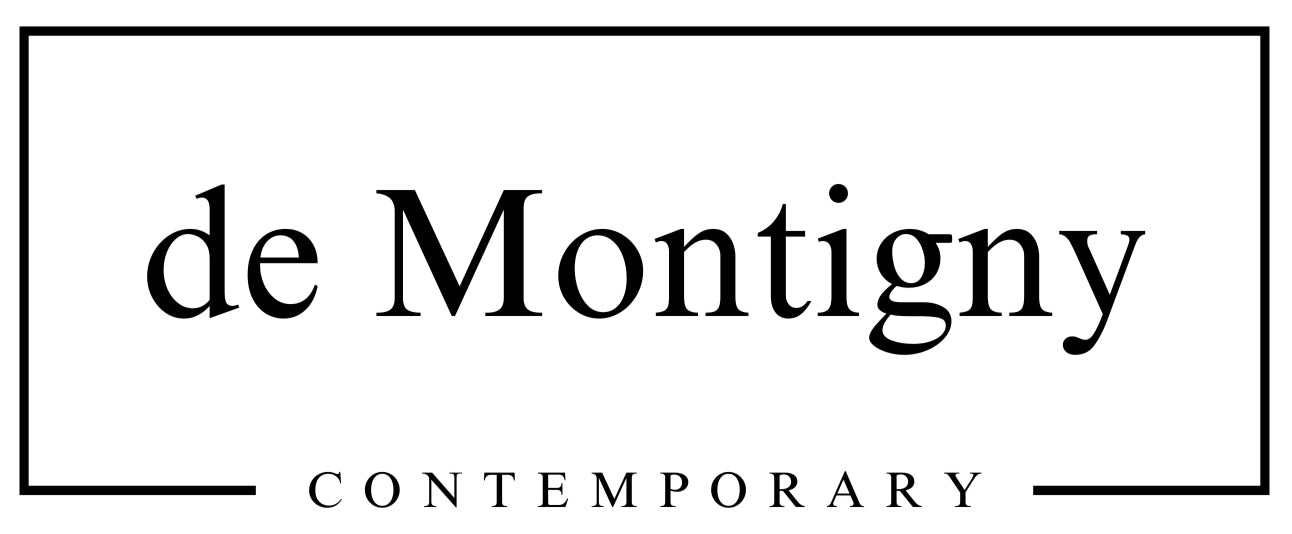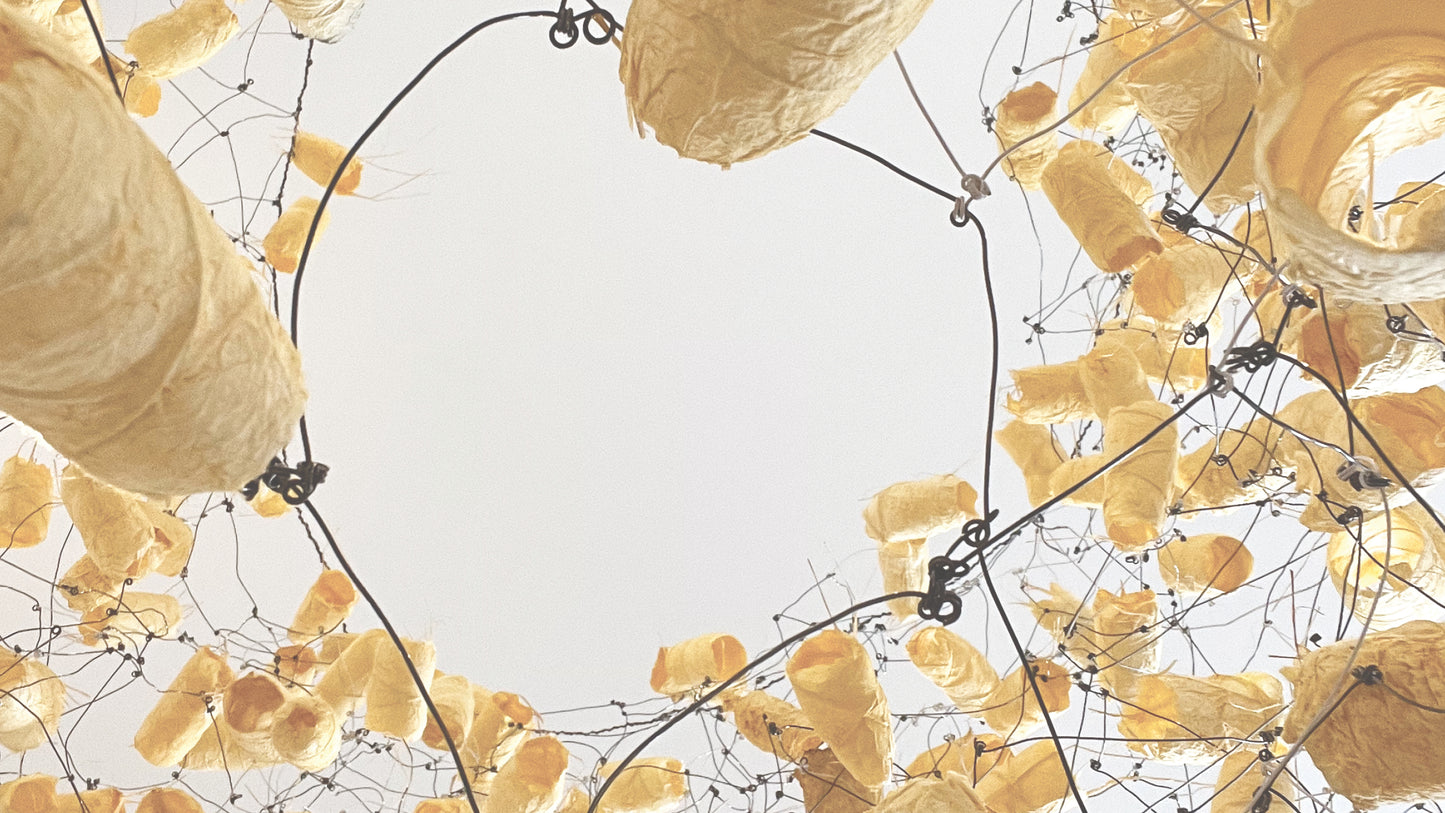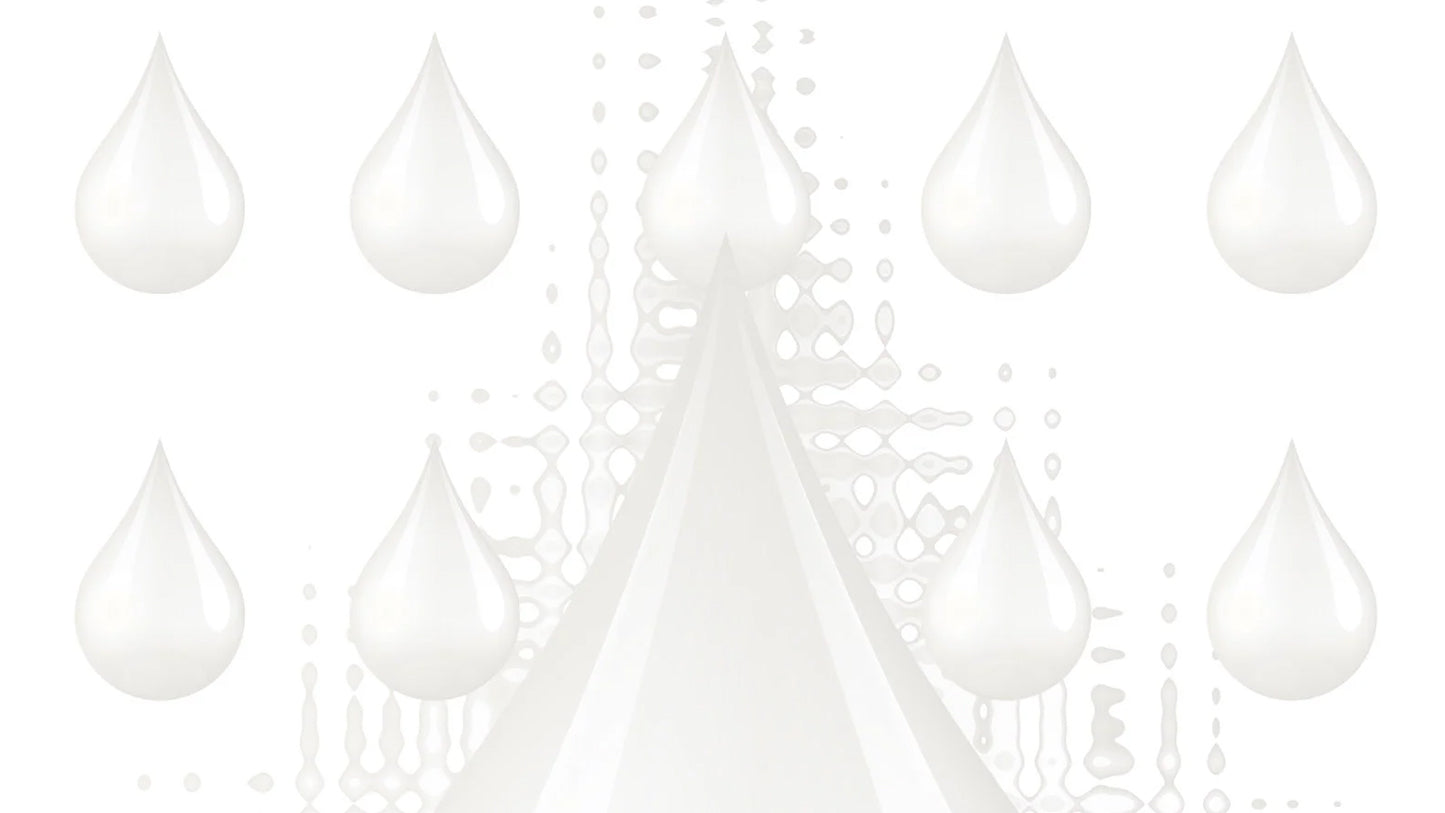
Exhibition dates: March 22 – May 12, 2024
Opening Reception: March 22, 2024 from 6:00 until 9:00 p.m.
ABOUT THE EXHIBITION
Rose Tinted Glasses, features Rah Eleh and Christos Pantieras.
This exhibition unveils intergenerational narratives that invite viewers to engage with the complexities of Western political systems and their entanglement with colonial legacies, oppressive structures, and exclusionary ideologies, particularly concerning LGBTQ+ existence and memory. Infused with wit and satire, this exhibition not only serves as a critical exploration of how historical injustices persist across generations, shaping contemporary political landscapes, and perpetuating systems of marginalization but also uses humour as a lens through which to examine the absurdities of such entrenched societal norms. “Rose-tinted glasses” is a figurative term used to describe a perspective that overly accentuates the positive aspects of a situation while minimizing or ignoring its negative aspects. It implies viewing the world or circumstances through an excessively optimistic or idealized lens, often disregarding realistic considerations.
By foregrounding intergenerational perspectives, we shed light on the resilience of LGBTQ+ communities in the face of systemic discrimination and violence, while also interrogating how Western politics continue to perpetuate exclusionary norms and binary systems.
ABOUT RAH ELEH
Rah Eleh critiques the visual stereotypes and performative aspects that shape female gender, national, and ethnic identity. As a Canadian-Iranian in exile, she delves into issues surrounding gender and cultural identity within the diaspora. Her body of work predominantly begins with performance and large-scale installation, inviting viewers to contemplate the legitimacy of authenticity and cultural expression. Furthermore, Eleh explores how race and gender can be utilized as tools to critique racism, colonialism, and patriarchal systems. She accomplishes this by incorporating cultural stereotypes into her performances, prompting viewers to engage with their own fantasies.
Rah is a PhD Candidate at the University of Applied Arts, Vienna, Austria. She hold an MFA from Western University, and a BFA with a minor in Gender and Critical Race Studies and the University of Ottawa. Rah’s work has been exhibited extensively both nationally and internationally at spaces including the Venice Biennale (ECC, Palazzo Mora), The Juno Awards (Canada), National Museum (Oslo, Norway), Vögele Kultur Zentrum, (Pfäffikon, Switzerland), Nuit Blanche (Toronto), Museum London, Vienna Art Week (Austria), Carleton University Art Gallery (Ottawa), Williams College Museum of Art (Williamstown, Massachusetts), Miami Art Basel, Nieuwe Vide (Haarlem, Netherlands), SomoS Art Haus (Berlin, Germany), Kunsthaus Graz Museum (Graz, Austria), and Onassis Cultural Center (Athens, Greece). She has been the recipient of numerous awards including Long listed for the 2023 Sobey Art Award, Chalmers Arts Fellowship, numerous Canada Council, Ontario Arts Council, and Toronto Art Council Grants, and SSHRC for her MFA and the SSHRC Doctoral Fellowship for her PhD. She has been awarded several residencies including the ONX Studio (NYC, NY, 2024), Intergenerational LGBTQ Artist Residency (Toronto Island, 2019), Koumaria Residency (Greece, 2016), MUU Galleria (Helsinki, 2015), Studio Das Weisse Haus (Vienna, 2014) and the Artslant Georgia Fee Residency (Paris).
ABOUT CHRISTOS PANTIERAS
Informed by his lived experiences as a gay man who is a first-generation Greek Canadian, Pantieras’ large-scale installations, sculptures, and mixed media works explore themes of autobiography, communication, intimacy, and identity. His artwork reveals the untold stories associated with wanting to make connections with others. Pantieras uses analogue processes to record a human presence and explore lost connections’ resonance.
Christos Pantiears received an MFA from York University (Toronto, ON ) in 2015. Pantieras has participated in numerous solo and group exhibitions, and his work is collected by the City of Ottawa, the Ottawa Art Gallery, the Diefenbunker: Canada’s Cold War Museum, and by private collectors.
